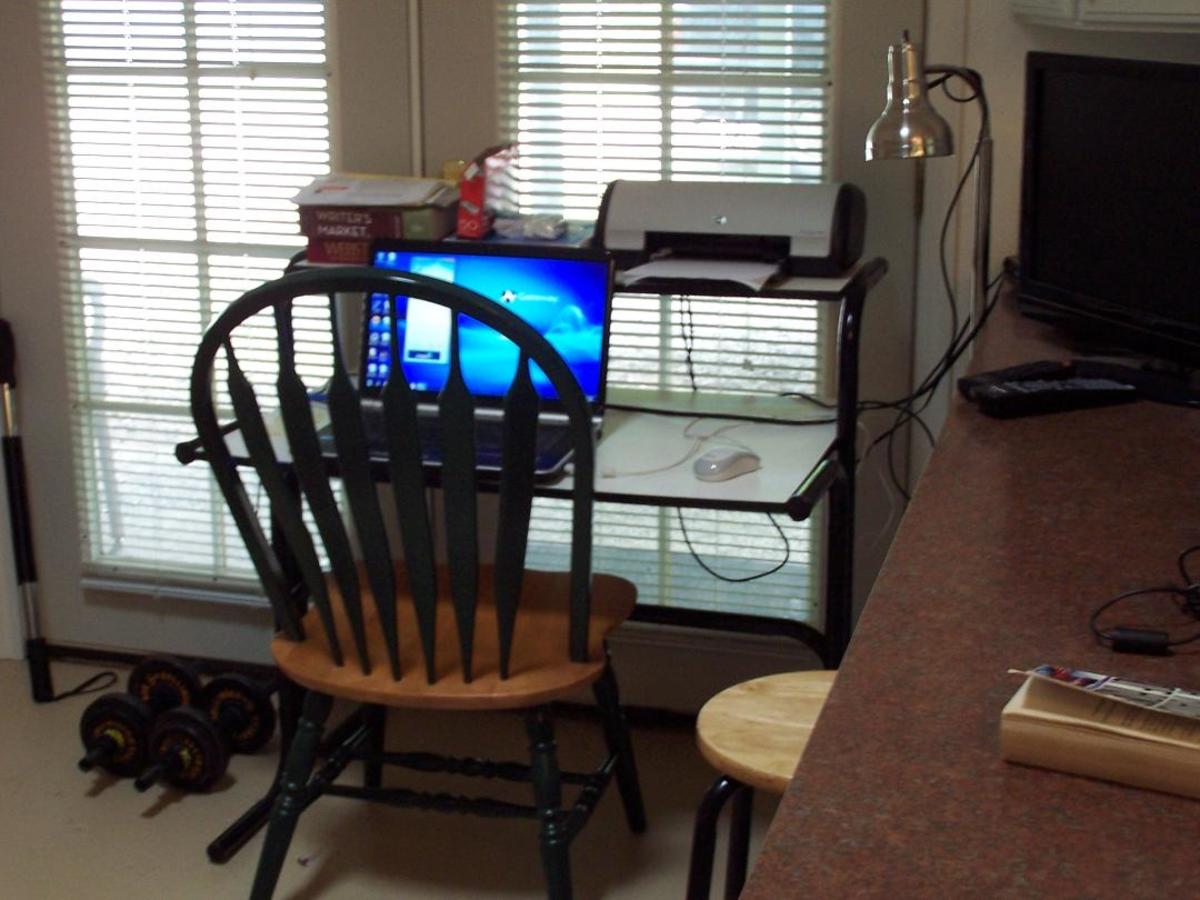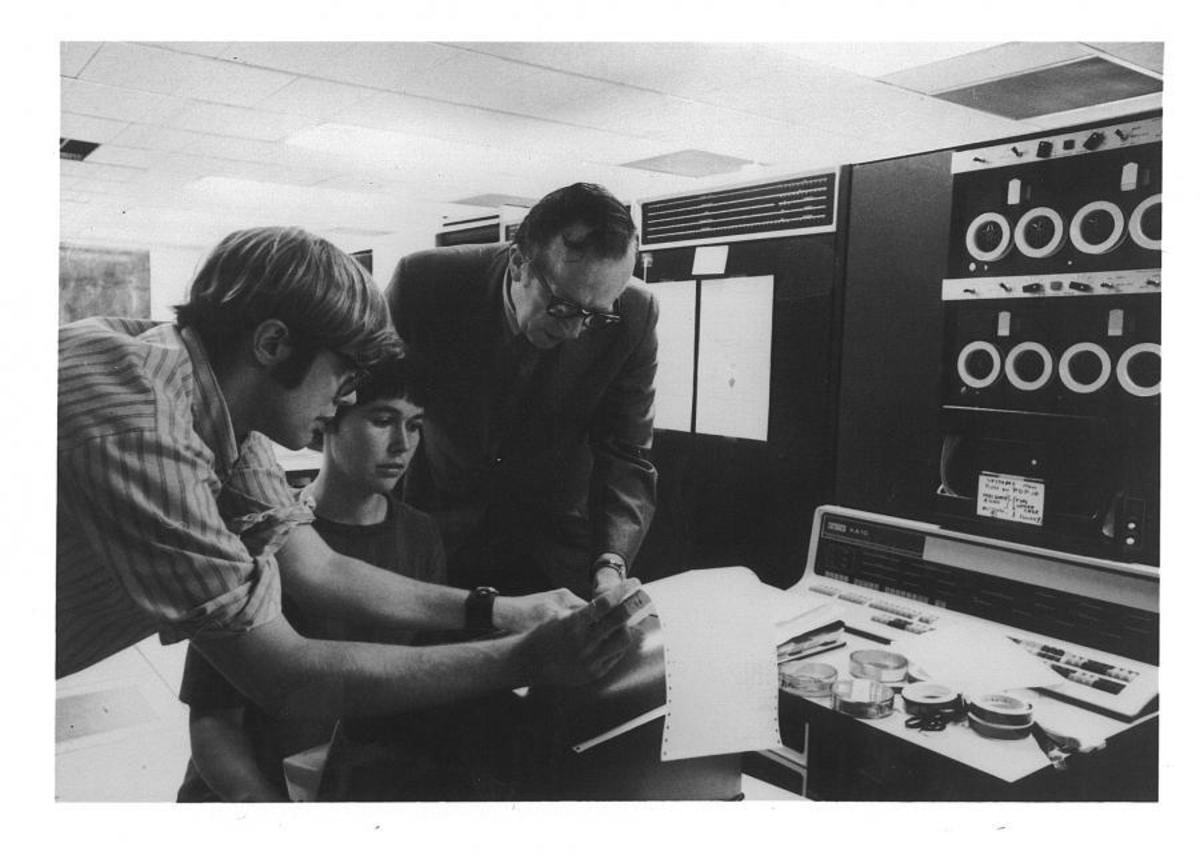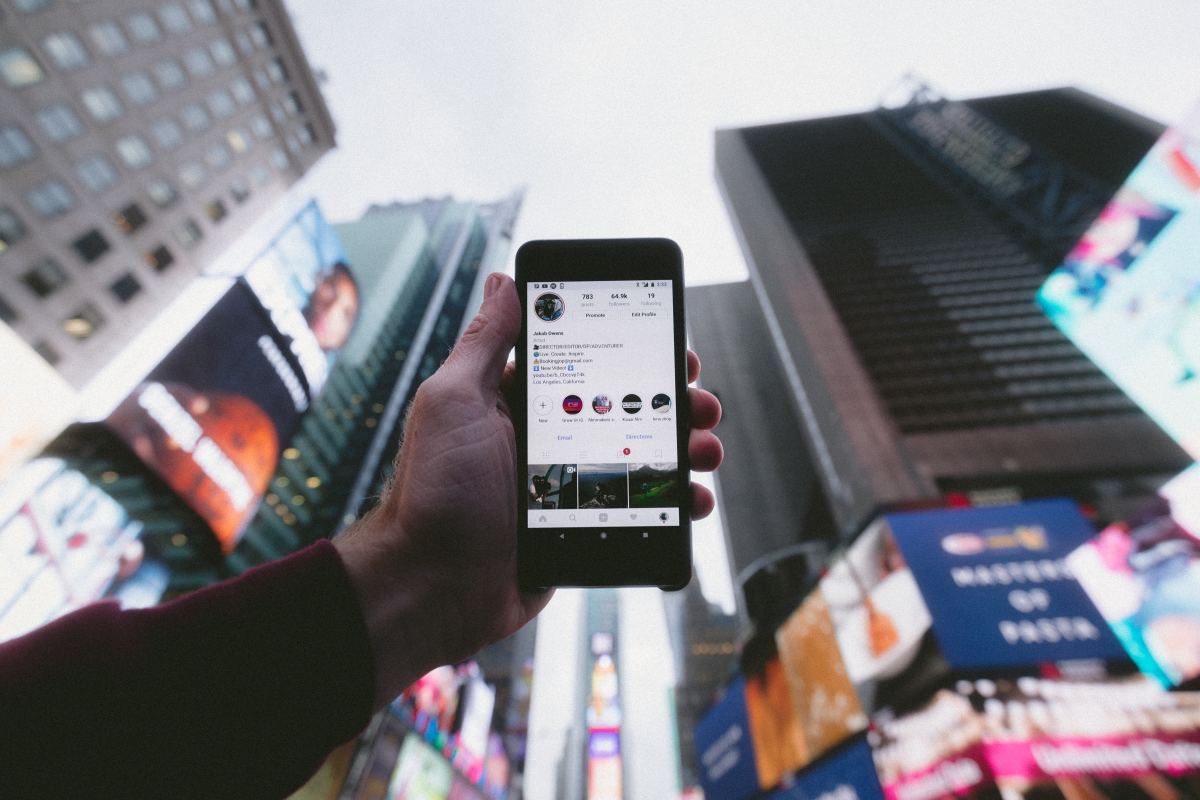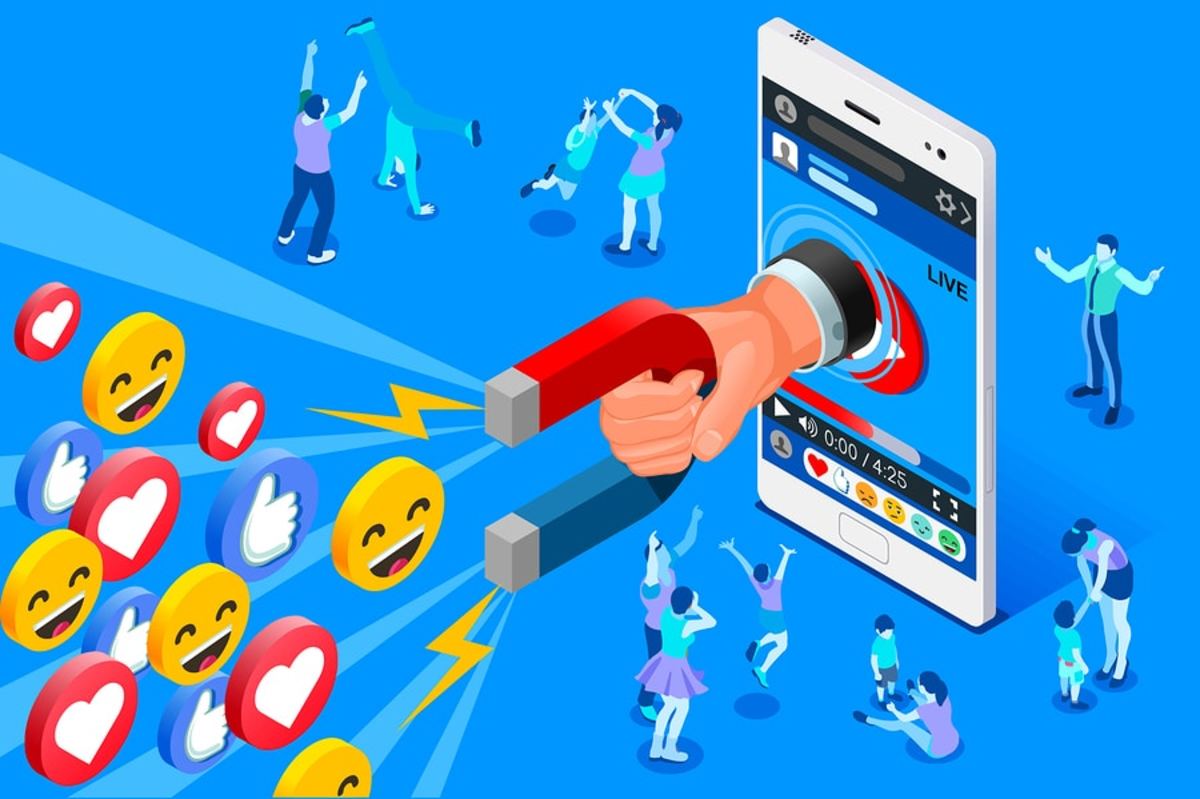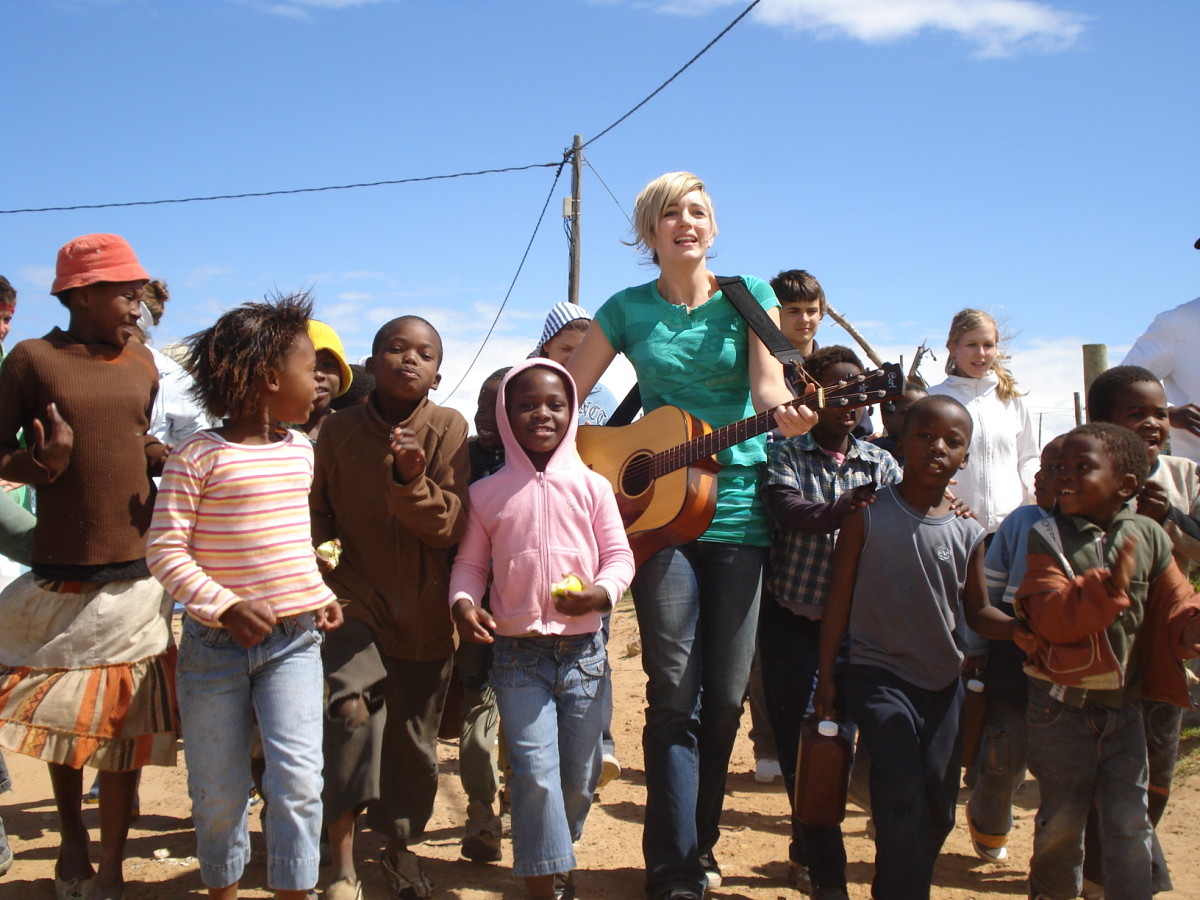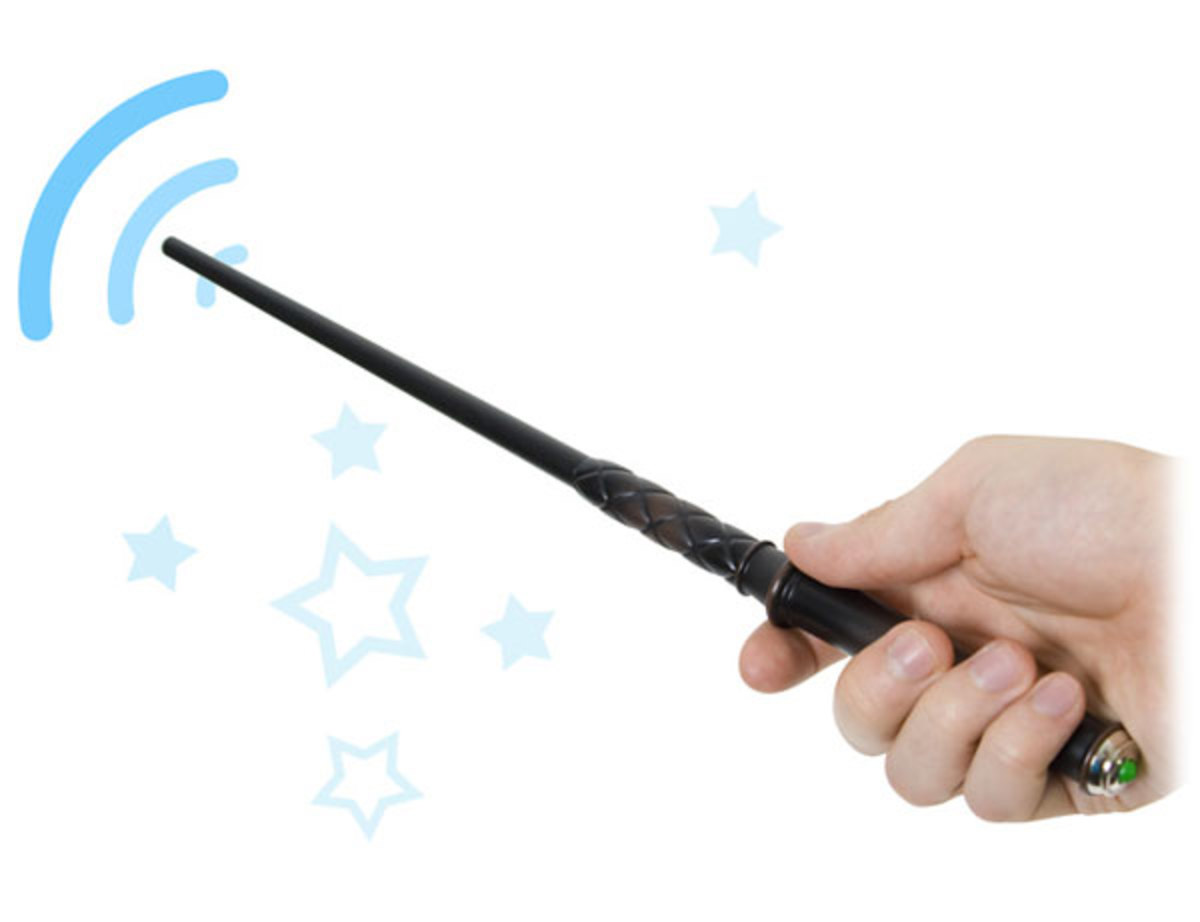Slang in the Social Media Age

The creativity of human language
In general, slang terms are typically short-lived unless they evolve into actual words in our language. While some terms phase out over time, others prove more resilient. The terms "freshmen" and "rap" were once considered slang. These words integrated themselves, no longer limited to informal conversation. Variations of previously used slang can evolve over time to form new terms. For example, a prevalent word in today's slang is "bomb." When I was younger, this term was used in reference to something that was amazing. "This pizza is the bomb." Today, this term is still used but only with "bomb", such as "this drink is bomb." Putting a "the" in front of "bomb" would be considered outdated.
The formation of varying slang indicate how creative human language is. Charles Hockett, an American linguist, believed that creativity is a characteristic unique to human language.
It is almost impossible to talk about today’s slang without recognizing its influences from social media. Many of the slang words that are prevalent in the English language today have originated or been associated with some form of online communication. A few examples that come to mind are photobomb, bae, fam, catfish, and squad.
How does social media influence slang?
Before social media, slang was geographically bound, isolated to a specific region. With the emergence of social media, slang words have no bounds spreading beyond geographical boundaries. This is not difficult to observe as some terms are limited to a specific area or group of people. In my home state of Vermont, we refer to soft-serve ice cream as "creemees." I remember when I was in elementary school, my cousin from California used the word "jank" a lot. I still don't understand what this term means or if it's still used in California.
Twitter, Facebook, Instagram, and Snapchat are all modes for online communication. The design of these applications encourages the use of abbreviations and slang words. Twitter for example, allows you to post a message to followers as long as it is within a 140 character limit. Even abbreviations that originated on social media are used in face-to-face communication. "I had serious FOMO this weekend."
How will slang evolve in the future?
It's important to note that slang terms exist in every language. They're not specific to a particular language or period of time. New slang words are constantly emerging. Though slang is not unique to my age group, I do believe that the amount of slang used today is greater than it has ever been due to social media and how quickly information spreads nowadays. With the technology advancing at an exponential rate and new modes for online communication being creation, social media has created a demand for new descriptive terms. As technology continues to advance, shouldn't we expect that the amount of slang in our language will increase?
Do you agree or disagree?
Individual perspectives will vary based on a variety of factors, such as age and geographical location. Do you agree or disagree that social media influences slang used today? And do you think that the amount of slang in our language will increase or remain constant over time?
Comment your response below to participate in a discussion.

